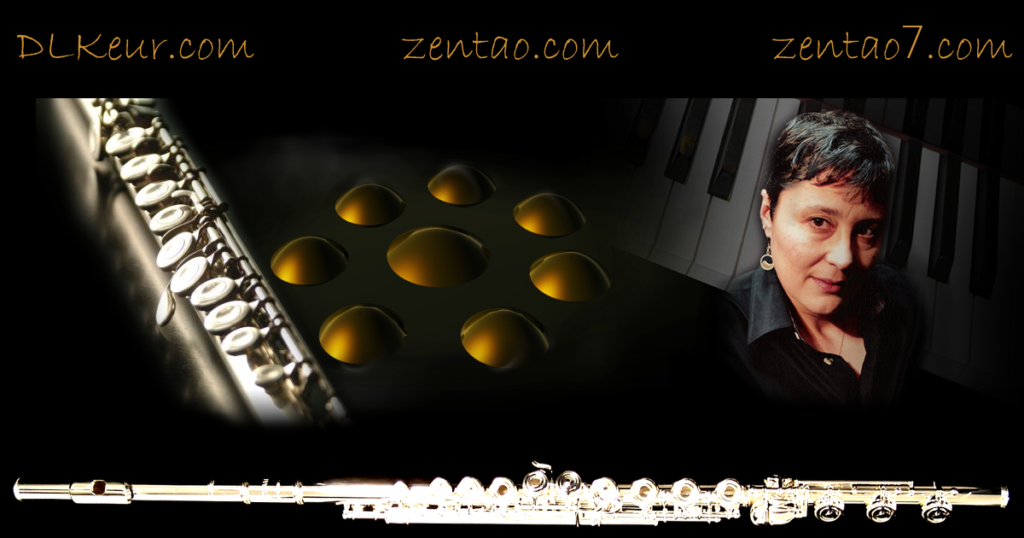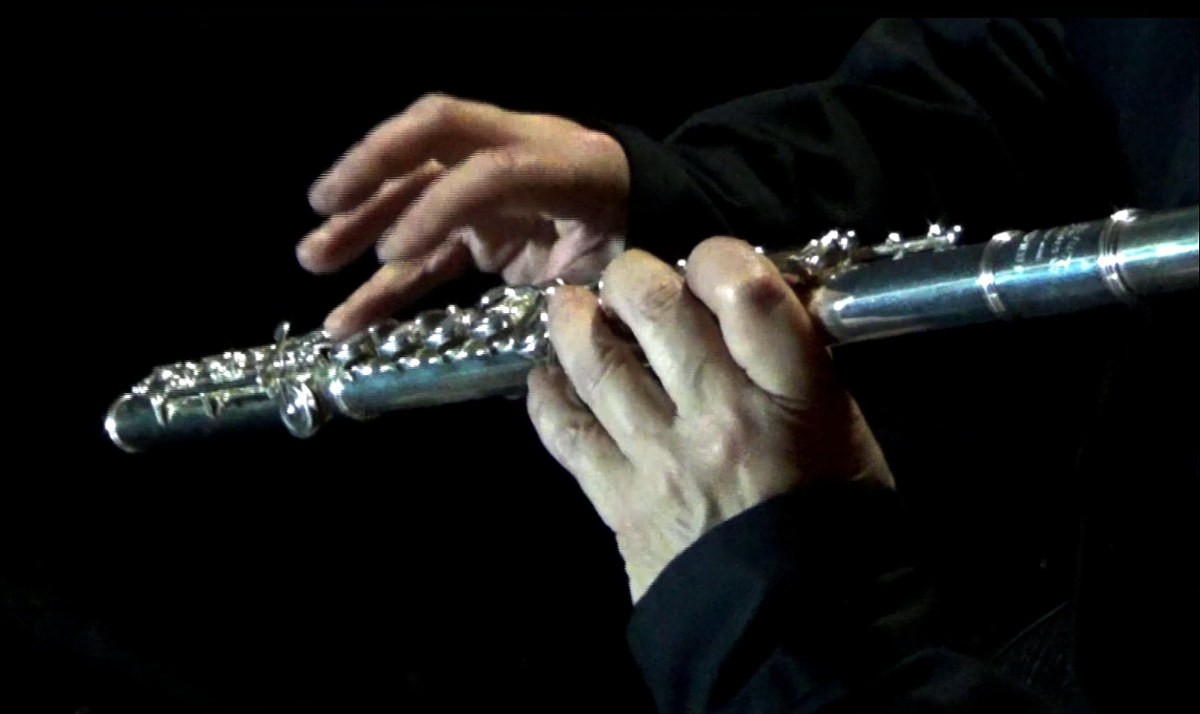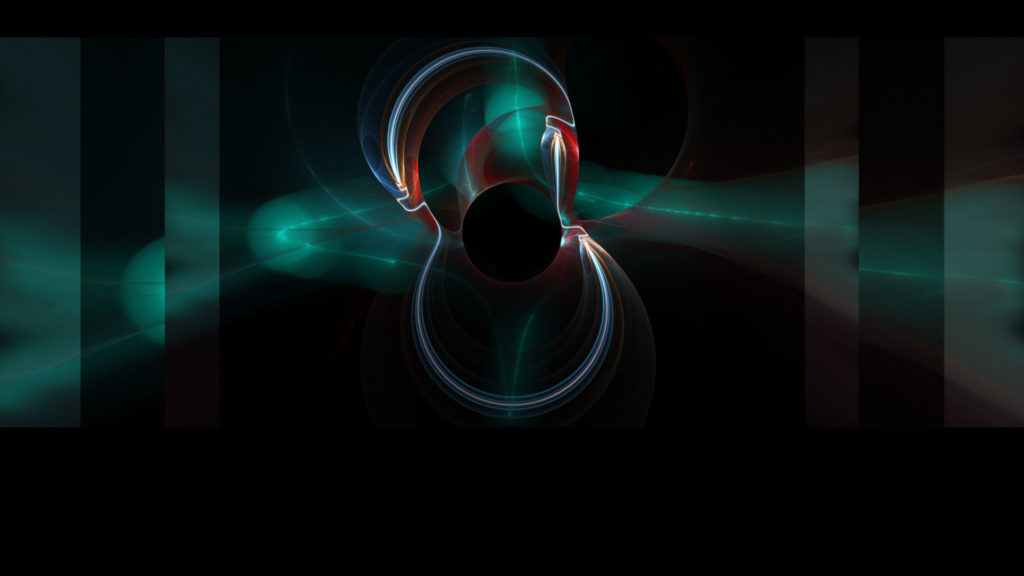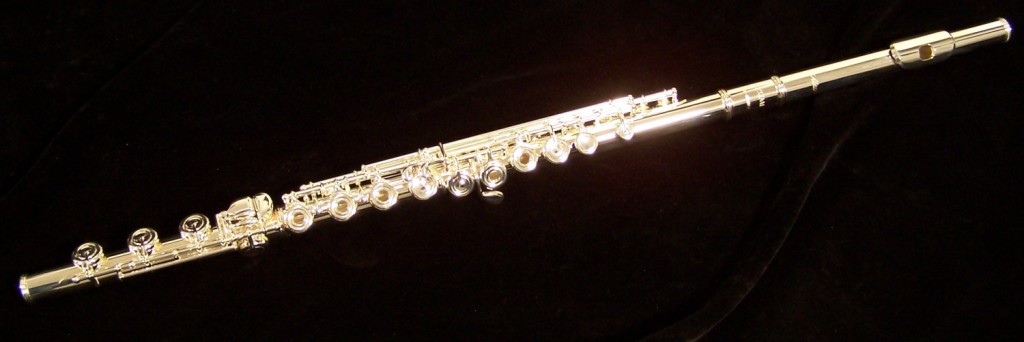Learning an instrument is wonderful. Learning the written language of music does wonderful things in brain development — yes, really. Best, the experience of playing with others under a decent conductor is an exceptional experience, as I cover here in “On Being a Member of a Great Orchestra“. Learning to play an instrument with an eye to the skill and art of it as a career, however, is not a wise choice. Let’s put that notion to bed, right now.
At any given moment across the globe, there might be eleven (11) — count them — well-paid, not-so-well-paid, and unpaid openings for, for example, flutists, mostly in temp, part-time, or teaching positions. Same is true for performance artists of other instruments. The available openings probably won’t be something that’s your dream job. If one of them is, I can pretty much guarantee that you won’t get it, because there’s a lot of “who knows who” involved in landing those positions, never mind that there’s usually a better player competing for that rare-as-hen’s-teeth (hens don’t have teeth) job.
Orchestras are vanishing — too expensive to maintain. Performance venues are more interested in contracting for sports events than for music events. The public is more interested in old, has-been rockers or in the latest young pop star who’s good at stirring their hormones or giving them a dopamine high than in a bunch of skilled musicians performing flawlessly. If it ain’t got glam and bling, if it ain’t got some schtick, forget it.
Want to teach music for a living? Really? Okay. But real teaching jobs are, again, rare. In the U.S., public school music departments are being slashed, as are art departments. In fact, all the creative arts are being reduced to unpaid extracurricular activities. The money is in sports, also an extracurricular activity, but usually quite well funded by local booster clubs. Music? Nah. Art? Nah. Drama? Nah. Go to an upper crust school, and, yes, music, art, drama, and all sorts of other things, like horsemanship and archery, are supported. But these are all activities to broaden scope, not taken as serious career pursuits.
There are, in fact, less and less opportunities in every type of career, but especially music, and more and more competitors for those fewer opportunities. So, unless you want to spend your life chasing after success in entrepreneurial endeavors, which means get a degree in marketing, not music, don’t focus on performing, or even teaching music as a career.
At best, you can look for a future to utilize your skills as a musician and a teacher as an avocation, something you do on the side to maybe generate some ‘pin money‘, but you’ll be hard-pressed unless you’re absolutely the hands down best in the world to expect to put bread on the table and money in the bank with a career in music. That’s the reality now and in the future. There are just too many people competing for dwindling opportunities and not enough public interest to sustain you as a musician.





